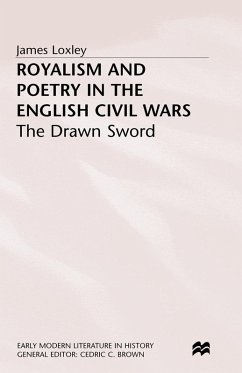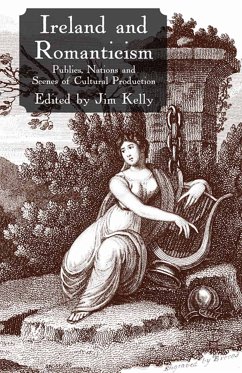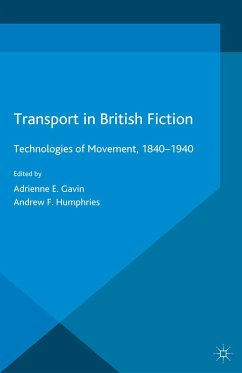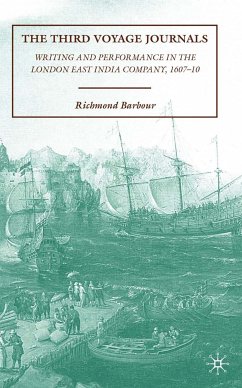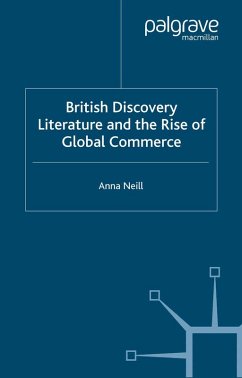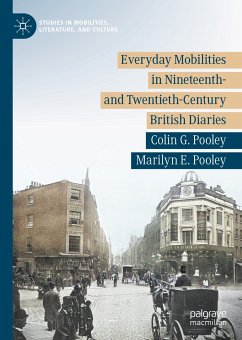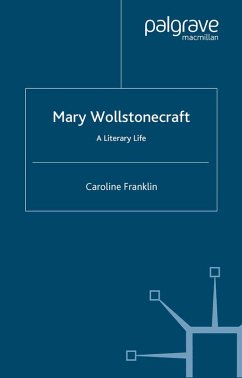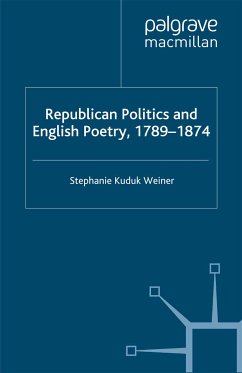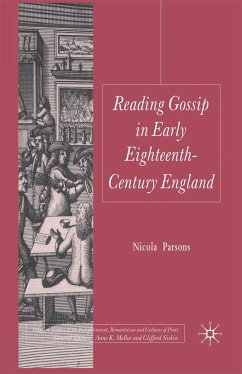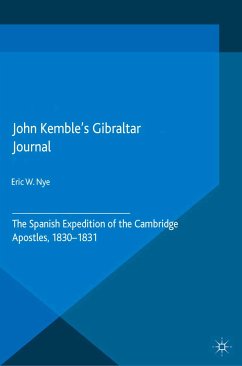
John Kemble's Gibraltar Journal (eBook, PDF)
The Spanish Expedition of the Cambridge Apostles, 1830-1831
Versandkostenfrei!
Sofort per Download lieferbar
40,95 €
inkl. MwSt.
Weitere Ausgaben:

PAYBACK Punkte
20 °P sammeln!
The summer of 1830 stirred revolutionary desires in young hearts across Europe. More than a generation of war and political instability had failed to dampen the fervor still felt from the French Revolution. In England the Cambridge Apostles took up the cause of the Spanish émigrés so movingly visible in London where they had sought refuge from the tyranny of Ferdinand VII and his suppression of constitutional rights. The Spanish Expedition of the Cambridge Apostles has always captured our imaginations. Its blend of idealism and daring, of theory and practice, of thought and energy, seems per...
The summer of 1830 stirred revolutionary desires in young hearts across Europe. More than a generation of war and political instability had failed to dampen the fervor still felt from the French Revolution. In England the Cambridge Apostles took up the cause of the Spanish émigrés so movingly visible in London where they had sought refuge from the tyranny of Ferdinand VII and his suppression of constitutional rights. The Spanish Expedition of the Cambridge Apostles has always captured our imaginations. Its blend of idealism and daring, of theory and practice, of thought and energy, seems perfectly to fulfill the principles the Apostles steadfastly espoused, a combination of faith and works. The episodes comprised in most accounts of the expedition are symbolic and filled with intrigue: secret meetings, assumed names, hidden messages, contraband, narrow escapes from the authorities, treachery, and finally a bloody execution on the beach at Málaga. A host of newly-discovered documents now enable us to re-examine one of the most intriguing events in British intellectual history.
Dieser Download kann aus rechtlichen Gründen nur mit Rechnungsadresse in A, B, BG, CY, CZ, D, DK, EW, E, FIN, F, GR, HR, H, IRL, I, LT, L, LR, M, NL, PL, P, R, S, SLO, SK ausgeliefert werden.



